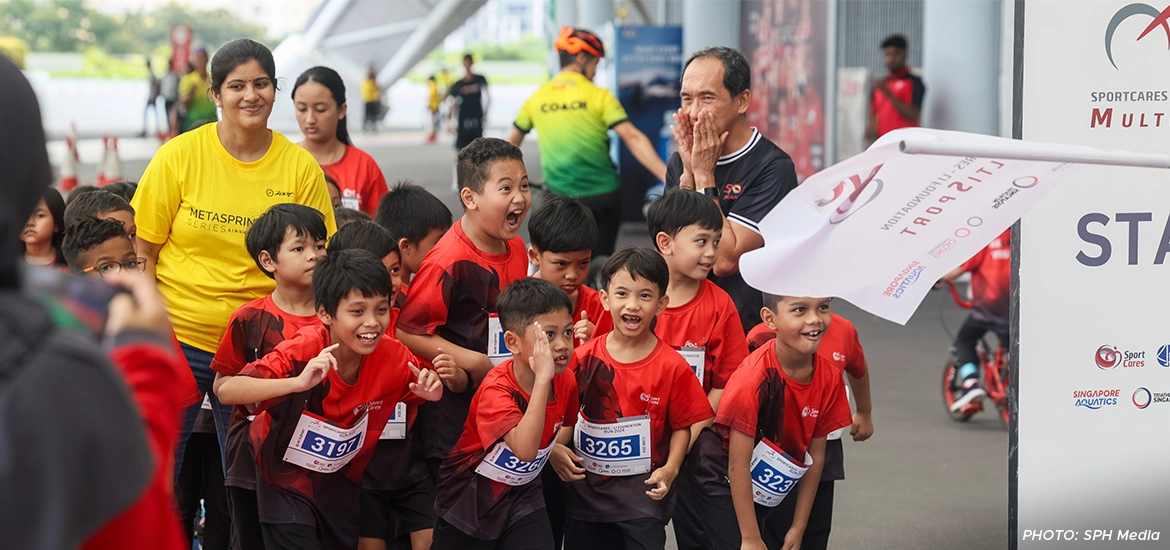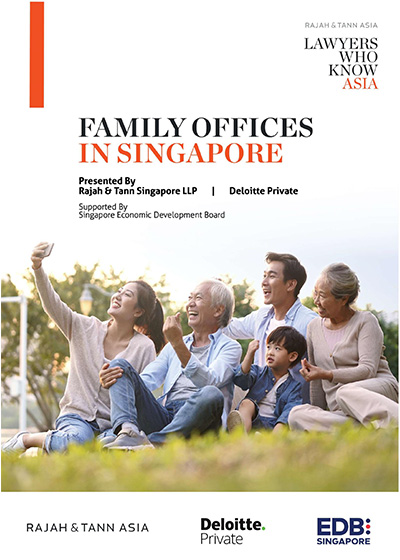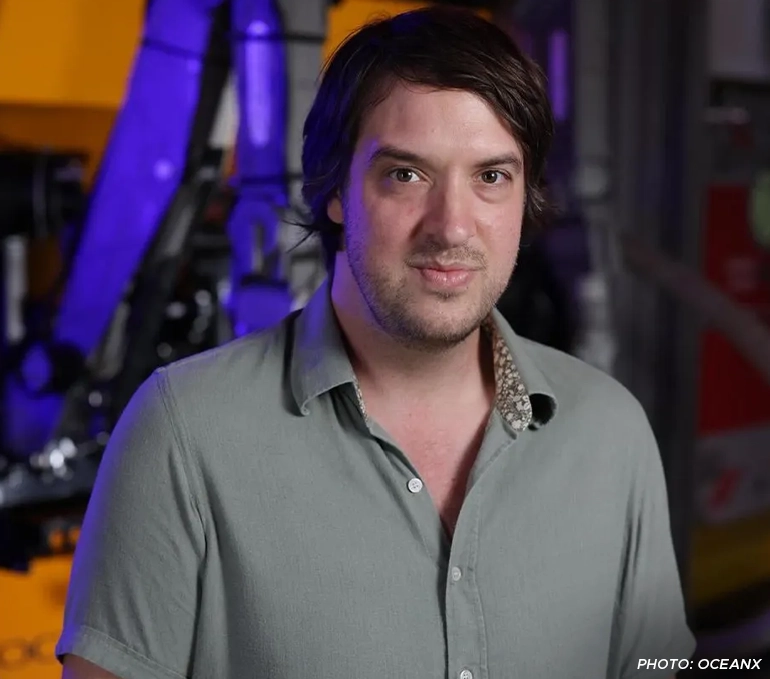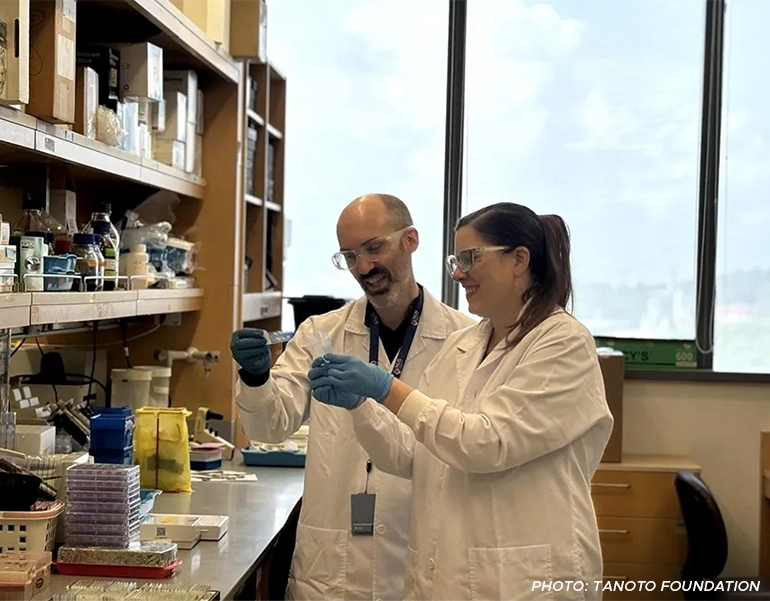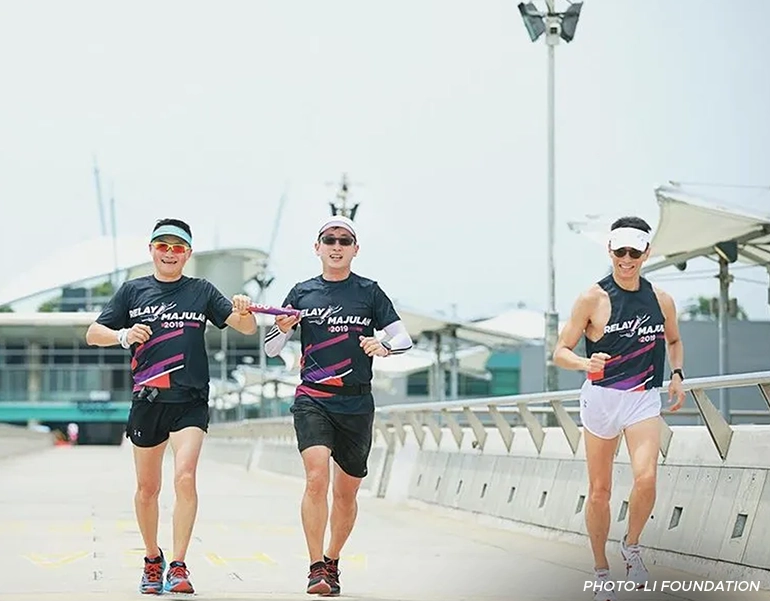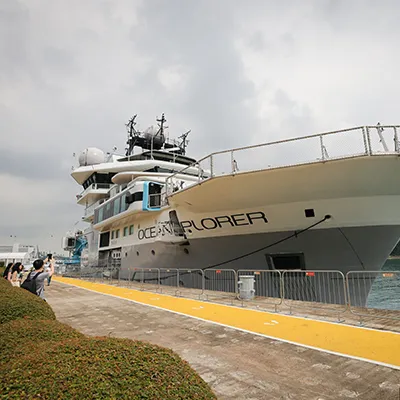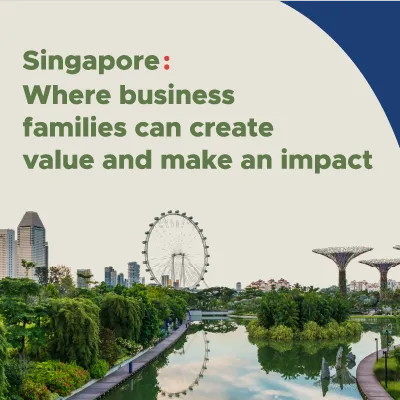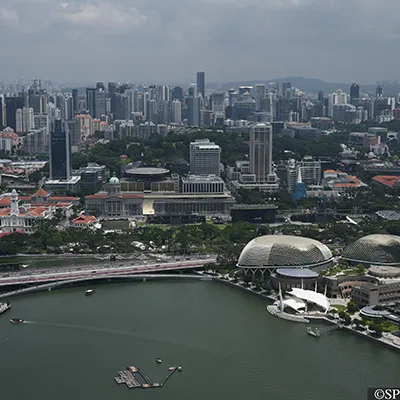Apart from philanthropic work, family offices have helped to foster innovation, advance healthcare breakthroughs, and champion sustainability initiatives through the strategic deployment of private capital, a spokesperson for the Economic Development Board (EDB) told The Straits Times.
For instance, the Carbon Project Development Grant co-funded by EDB and private capital from family offices here has helped local firms develop carbon projects and credits. The Gates Foundation, which set up its Singapore office in May 2025, is also expected to mobilise at least US$100 million (S$128.5 million) from family offices and foundations here to improve healthcare across Southeast Asia through its Health for Human Potential Community.
The Government is supporting family offices in strengthening their philanthropic efforts through various initiatives such as the provision of relevant courses.
For example, in 2021, the Monetary Authority of Singapore (MAS) and the Institute of Banking and Finance published a set of technical skills and competencies for the financial sector and family office professionals offering philanthropy advisory services. Locals who attend training courses using these benchmarks can obtain co-funding support for their course fees.
MAS also partners with philanthropic organisations, private banks and other stakeholders to create awareness of giving opportunities. This includes connecting the Community Foundation of Singapore and Community Chest to the SFOs that apply for MAS tax incentive schemes.
The philanthropic ecosystem here also includes organisations like ImpactSG, which helps to match funding to needs in Singapore and Asia. Co-founder and executive director Edmund Twohill said it has engaged with more than 100 individuals to contribute to Singapore since its launch in November 2024.
ImpactSG also partnered with Farro Capital, a multi-family office, in August 2025 to provide philanthropic advisory services to their clients. This partnership has already engaged with five families, resulting in a commitment of $600,000 in annual donations.
In addition, events like the Global-Asia Family Office Summit, to be held on 29 September and 30 September at the Conrad Singapore Marina Bay, serve as valuable platforms for family offices and advisers to exchange insights.
MAS also supports the development of philanthropic tools, such as ImpactCollab by Asian Venture Philanthrophy Network (AVPN), an online portal which helps users conduct due diligence checks on charities and evaluate the impact of their contributions.
To further encourage giving, MAS made enhancements to the tax schemes for SFOs in 2023 to recognise donations to qualifying local charities as eligible expenditure under the MAS tax incentive schemes. The Philanthropy Tax Incentive Scheme was also launched to encourage family offices to use Singapore as a base to manage their regional giving.
These enhancements complement the existing 250 per cent tax deduction for donations to eligible institutions and institutions of a public character, and the 100 per cent tax deduction to overseas humanitarian relief efforts under the Overseas Humanitarian Assistance Tax Deduction Scheme.
The number of SFOs awarded tax incentives grew from 400 as at end-2020 to more than 2,000 as at end-2024, said Deputy Prime Minister and MAS chairman Gan Kim Yong on 5 February in response to a parliamentary question. He is also Minister for Trade and Industry.
